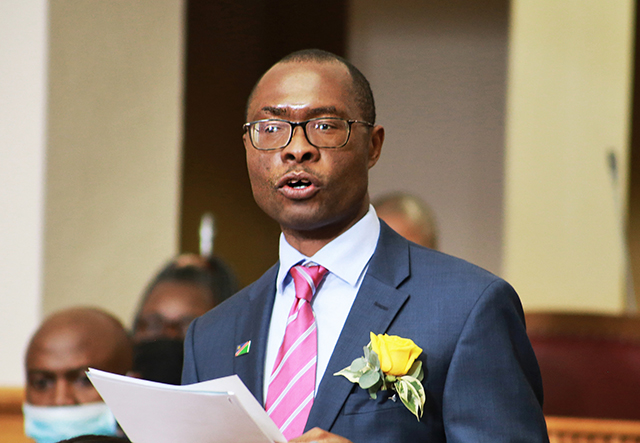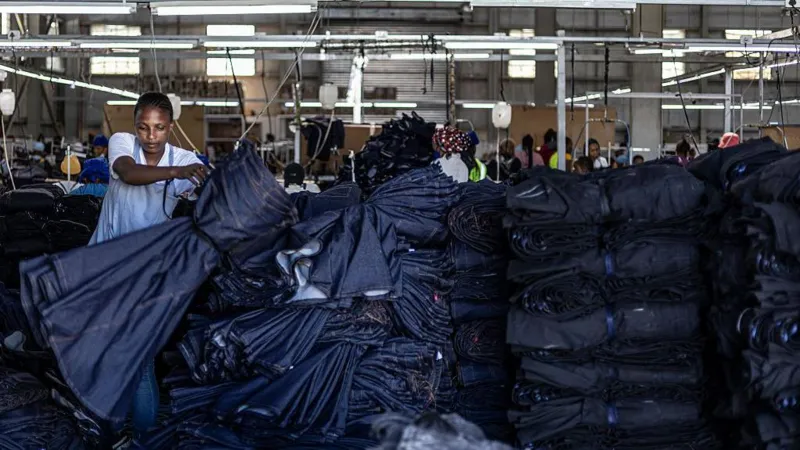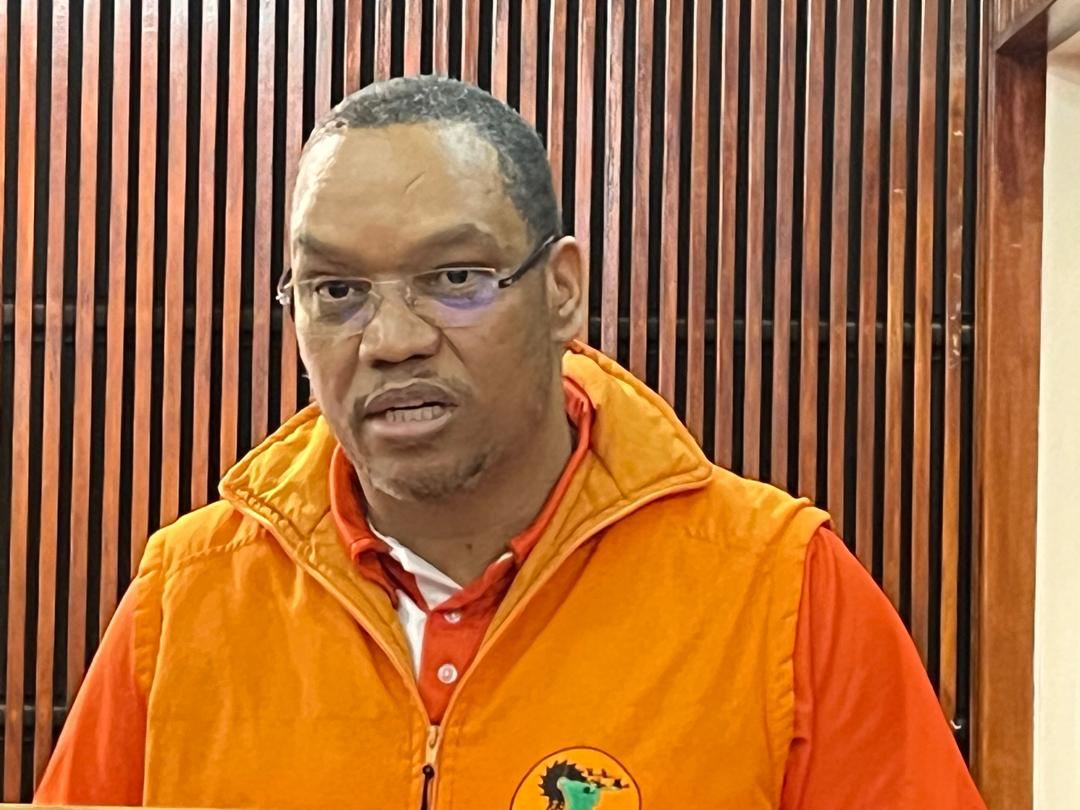Economists want minister of finance and public enterprises Iipumbu Shiimi to consider reforming the country’s taxation regime and pump more money into the social sector, including social safety nets, when he tables the national budget on 28 February.
Their calls come at a time that the country is grappling with youth unemployment and a deteriorating standard of living for many Namibians.
While Floris Bergh, the chief economist at Capricorn Asset Management, calls on Shiimi to consider reforming the current tax legislation, economist Salomo Hei says the minister should implement an expansionary budget, paying attention to improving social safety nets and Namibians’ standard of living.
Speaking to Desert Radio, Hei yesterday said he expects Shiimi to pay particular attention to improving the lives of the vulnerable, with a focus on consolidation and ploughing more funds into the productive sector.
“Overall I would say the minister has ample fiscal space to keep an expansionary trend, and I also expect him to continue improving social safety nets.
“I have never had any problems with borrowing, as long as the borrowing is done to improve important sectors of the economy,” Hei said.
He encouraged Shiimi to prioritise economic growth and social expenditure in sectors such as health, education and youth employment creation.
Bergh said: “We have about 300 000 Namibians who are income taxpayers out of a population of about 2,5 million people. This tells us that for every one taxpayer you have at least seven people in the country who are earning a very low income, or who are unemployed, and the only way their money goes to the government is through the value-added tax they spend on consumption.”
He said Namibia needs to increase its tax base to ease the burden of income tax.
“The problem is we have a very narrow tax base, and those people are taxed quite heavily, so we have to expand the tax base, and maybe the answer lies in continuing to exempt low-income people from tax, but we could add more consumption tax,” Bergh said.
Namib Mills’ risk and compliance manager Cameron Kotze said there is a need to reintroduce manufacturing incentives.
“We have to get our manufacturing incentives back in the legislation, because currently there is a gap. It’s not interesting for anyone to come and invest here and set up manufacturing. They would rather go to South Africa or Botswana, despite the commotions [in those countries],” he said.
Kotze said Namibia should work on making the tax environment friendlier to try and attract more investors.
“Corporate tax, though low, is not helping, because when you add dividend tax you will be paying around 37%.
“Our corporate tax rate is not competitive, so if an investor sits in New York and looks for where to invest, Namibia would not be at the top of their list, because it’s not that easy to get a business registered here,” he said.
Kotze said more incentives should be put in place to encourage people to start businesses.
In terms of promoting private investment, Ruusa Nandago said there are no expectations in the national budget.
“The midterm budget usually gives you an idea of what will be in the national budget, and we did not really see any pronouncements around investment policy.
“We have had a lot of long-term investment policies that have been hanging in the balance since 2015, like your Investment Promotion Act, so we do not expect any during the national budget announcements,” she said.
She said the two economic policies the finance minister should consider are the policy on local content and the country’s beneficiation strategy policy.
“The other thing outside the budget I would like to see is that we marry our policies. So often we create policies that are in isolation. So, for example, if we have the beneficiation policy, but we don’t have the manufacturing incentive, how does that work?” Nandago asked.
Stay informed with The Namibian – your source for credible journalism. Get in-depth reporting and opinions for
only N$85 a month. Invest in journalism, invest in democracy –
Subscribe Now!










